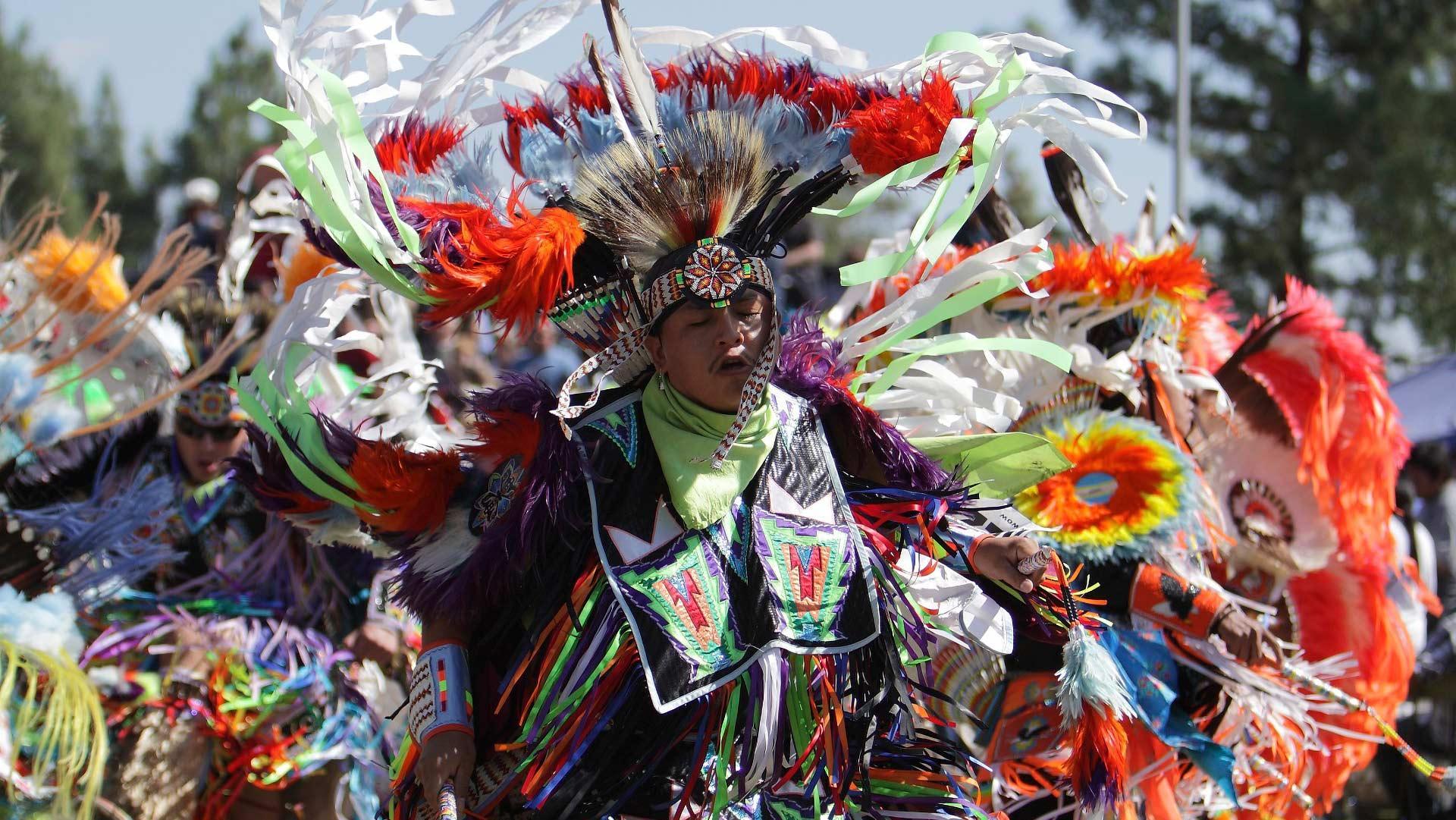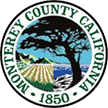In nearby San Bernardino, the Sioux traditions and history are still alive. With that are the needs of interpreting and translation. For court needs, to birth certificate translation, call CIT, 888.737.9009.

The Sioux lived in the great plains of Minnesota, Wisconsin, and North and South Dakota. They were also known to occupy Nebraska, Montana, and Illinois in smaller numbers. The word ‘Sioux’, as it came to be used to refer to the language, originated from the word “Nadowessi’ which means two little serpents. The translation of Sioux is serpent. Though the Sioux resisted the American colonialism in the battle of 1862, due to economic hardships most of the Sioux later surrendered and paved the way for colonialism. This was after the agreement that was signed in 1888, which led to the splitting of the great Sioux nation into smaller reservations. The Sioux land that remains today is about half of the original owned land.
Sioux is a language spoken by natives of North America. It is also a term that is used to refer to the natives of the great Sioux Nation. The group is comprised of three major dialects: the Santee, the Lakota, and the Yankton-Yanktonai. Today, the Lakota is the main dialect.
Before the 17th century the Sioux lived in Minnesota, around Lake Superior. However, due to conflict with other natives, they were eventually displaced to the plains. There they adopted a nomadic lifestyle, in which their main activity was buffalo hunting. The Santee generally live in Dakota, Minnesota, and Northern Iowa. The Yankton and Yanktonai generally live in the Minnesota River area. The Lakota people generally live in the great plains of North America. The total number of Sioux speakers is roughly 160,000.
Dialect, Region
Lakota, Northern Nebraska, Southern Minnesota, North and South Dakota, Canada, and also Northeastern Montana.
Yankton-Yanktonai, Western Dakota
Santee, Eastern Dakota
Sisseton, Eastern Dakota
Wahpeton, Eastern Dakota
Wahpekute, Eastern Dakota
Capital: Washington
Population: 317,643,000
Currency: US Dollar (USD)
GDP (ppp): $15.68 Trillion
Unemployment: 6.6%
Government Type: Constitutional Republic
Industries: Mining, Construction, Manufacturing, Federal, Agriculture, Health, Telecommunications equipment, wood pulp and paper products, motor vehicles, pharmaceutical products, iron and steel.
Capital: Ottawa
Population: 33 679 000
Constitutional Parliamentary Republic: Prime Minister Justin Trudeau
Currency: Dollar (CAD)
GDP (ppp): $1.821 Trillion
Unemployment: 7.0%
Government Type: Constitutional Monarchy
Industries: Food products, chemicals, natural gas and petroleum products, telecommunications, minerals, transportation equipment, drugs, wood and paper
• The Sioux were the largest Indian tribe, and were also referred to as the Dakota or Lakota Sioux.
• The role of men in the family was to hunt for food (mainly buffalos), as the women took charge of the home.
• They were the original natives of North and South Dakota, Minnesota, and Wisconsin.
• They lived in earth lodges, hogans, and pit houses. They also lived in tepees, or tent-like houses used mainly by the tribes in the plains.
• Many famous Sioux leaders are still remembered to this day, including Sitting Bull, Crazy Horse, and Red Cloud.
• The Sioux only cut their hair when they were mourning.


No matter what your needs may be, we can and are ready to assist you now. We have translators and interpreters standing by 24/7.

CIT's interpreter is such a rockstar, and it’s so great to have him as a lead interpreter for our Board meetings. About Our Interpreters 
Thank you for always being able to handle emergency interpreting assignments with ease. About Urgent Requests 
Thank you for always being able to handle emergency interpreting assignments with ease. About Urgent Requests 
Your translation rates are more competitive than other language service providers I used in the past. About Pricing 

Professionalism matters at CIT. We respond to request inside 24 hours.







